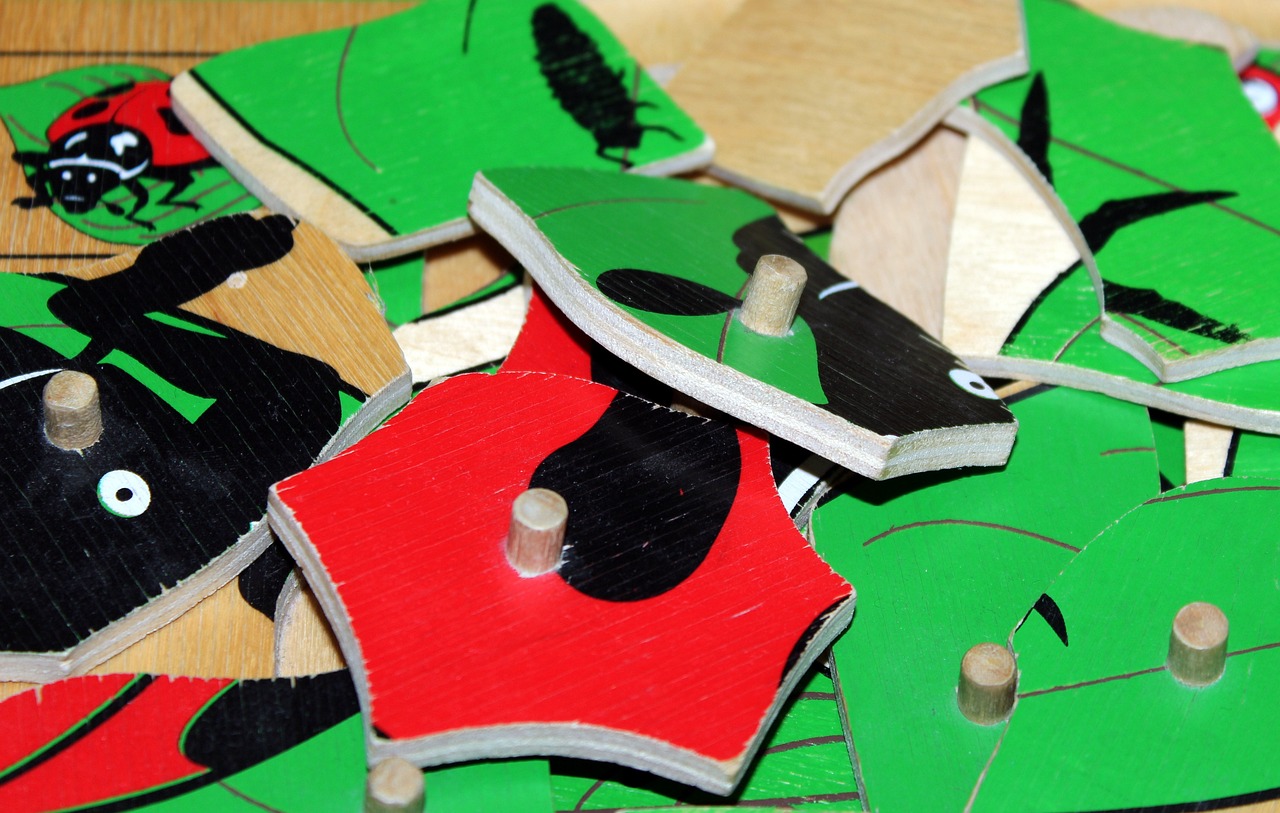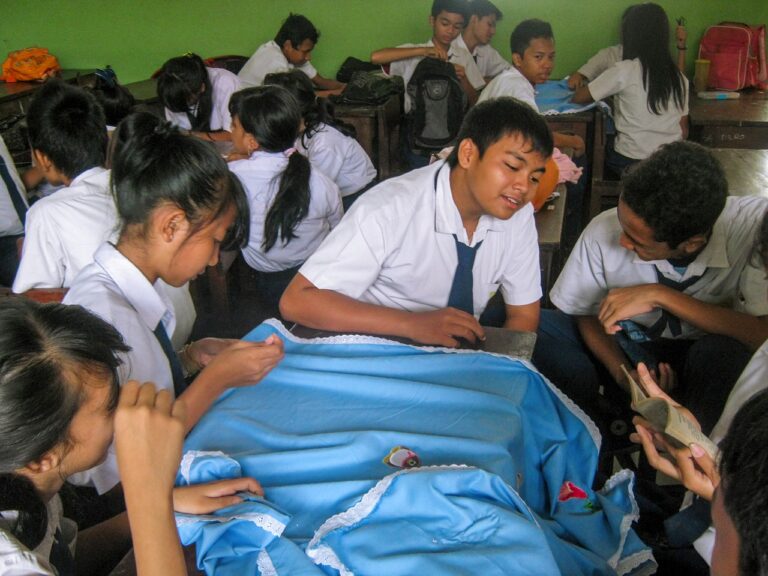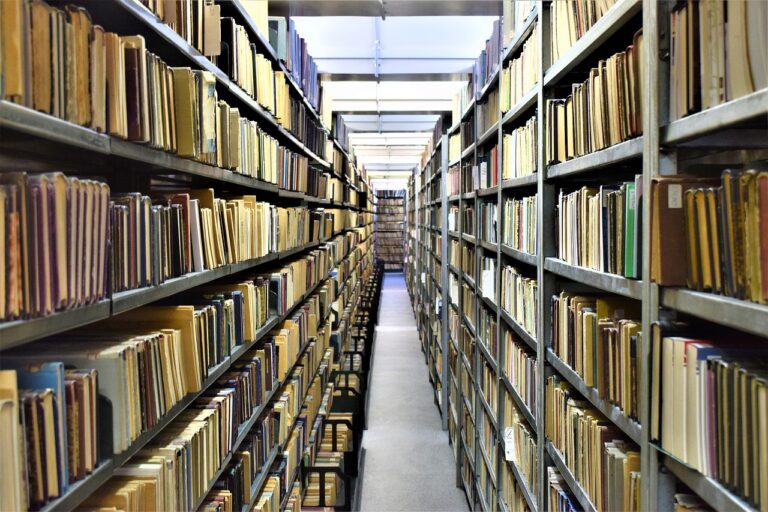Promoting Access to Education for Refugee Children
Refugee children face numerous obstacles when trying to access education in host countries. One of the primary challenges is the lack of proper documentation required for enrollment in schools. Without the necessary identification papers, refugee children are often denied entry or face significant delays in getting admitted, hindering their ability to continue their education uninterrupted. Additionally, language barriers pose a significant challenge for refugee children, as they may not be proficient in the language of instruction in their new school, leading to difficulties in understanding the curriculum and fully participating in classroom activities.
Barriers to Education for Refugee Children
Refugee children often face significant obstacles when trying to access education in the host countries where they seek refuge. One major barrier is the lack of formal documentation or educational credentials, making it challenging for them to enroll in schools or access educational opportunities. Without official paperwork, refugee children may be denied admission or discriminated against in educational settings, hindering their ability to learn and succeed academically.
Another significant barrier to education for refugee children is the language barrier. Many refugees come from diverse linguistic backgrounds and may not be proficient in the language of the host country. This can create communication challenges in the classroom, limiting their ability to fully participate in lessons and interact with teachers and peers. As a result, refugee children may struggle to keep up with their studies and may feel isolated or excluded in the educational environment.
Importance of Education for Refugee Children
Education serves as a beacon of hope for refugee children amidst the chaos and uncertainty they face. It not only equips them with knowledge and skills but also empowers them to break the cycle of poverty and displacement. Education provides these children with a sense of normalcy and routine, helping them cope with the traumatic experiences they have endured.
Furthermore, education plays a vital role in fostering resilience and promoting social integration among refugee children. By attending school, these children are given a platform to interact with their peers, learn about different cultures, and develop essential social skills. Education helps refugee children build a sense of belonging in their new communities and prepares them for a brighter future full of opportunities.
What challenges do refugee children face in accessing education?
Refugee children face numerous challenges in accessing education, including language barriers, lack of documentation, discrimination, limited access to schools, and trauma from their past experiences.
What are some barriers to education for refugee children?
Some barriers to education for refugee children include financial constraints, lack of transportation, overcrowded classrooms, lack of trained teachers for refugee-specific needs, and cultural differences in teaching methods.
Why is education important for refugee children?
Education is crucial for refugee children as it provides them with the necessary skills and knowledge to rebuild their lives, integrate into their new communities, and have a better future. Education also helps refugee children overcome trauma, develop resilience, and break the cycle of poverty.
How can we support the education of refugee children?
There are several ways to support the education of refugee children, including advocating for inclusive education policies, providing financial assistance for school fees and supplies, offering language classes, creating safe and supportive learning environments, and promoting cultural sensitivity and inclusion.







